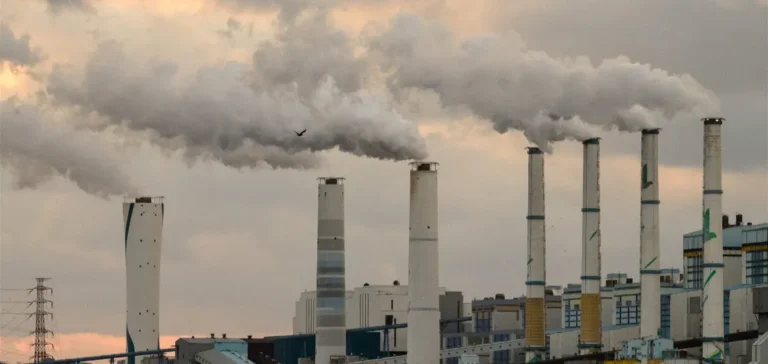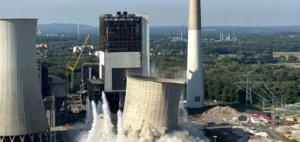South Korea has announced its accession to the Powering Past Coal Alliance (PPCA), along with a commitment to phase out coal-fired power plants that lack carbon capture and storage systems. This decision introduces a regulatory framework aimed at reducing coal use in a power mix still heavily reliant on this source for a significant share of electricity generation.
A closure programme aligned with new regulatory requirements
The South Korean government plans to shut down 40 coal-fired plants out of the 61 currently in operation. The remaining 21 units will be subject to a dedicated schedule to be finalised by 2026, based on economic feasibility and environmental impact criteria. These actions constitute the country’s first formal regulatory commitment banning new unabated coal power plants.
This measure comes as South Korea operates one of the world’s largest coal power fleets and remains a leading global coal importer. The announcement provides renewed momentum to the country’s progressive reduction of coal, which has been underway for more than a decade.
Targets aligned with national emissions commitments
The plan is part of the country’s broader carbon neutrality strategy. Authorities aim to cut greenhouse gas emissions by 53% to 61% by 2035 compared to 2018 levels. This regulatory shift builds on an existing decline in coal’s share of electricity production, down from 46.3% in 2009 to 30.5% in 2024, according to the energy think tank Ember.
Minister of Climate, Energy and Environment Kim Sung-Whan noted that joining the PPCA is a structuring step in organising the withdrawal and preparing the measures that will support the sector’s transition. Anticipated changes in import management, thermal infrastructure and maintenance operations could have lasting effects on market dynamics.
Expected impacts on the regional energy sector
South Korea becomes the second Asian country to join the PPCA, giving the decision regional significance. The regulatory effects of this move will directly impact plant operators and stakeholders across the coal value chain. Details on enforcement mechanisms, phased closure procedures and industrial adjustments will be outlined in the roadmap due in 2026.
Given coal’s current role in the country’s energy trade, adjustments are expected for market participants, particularly in infrastructure development and diversification of supply sources.






















